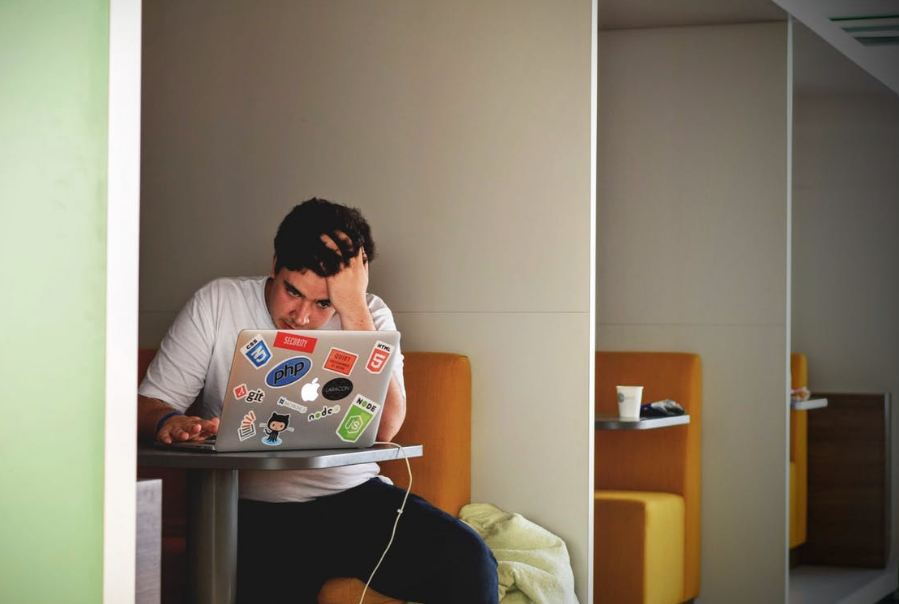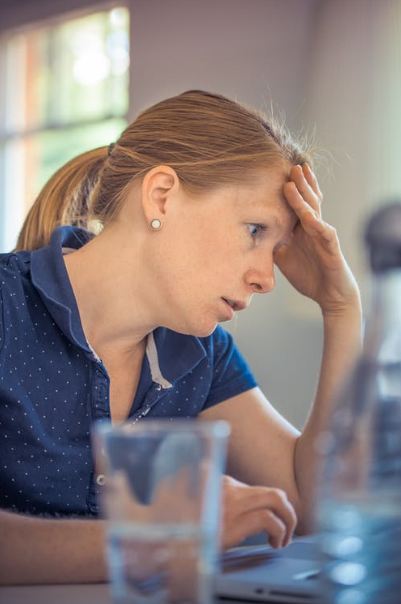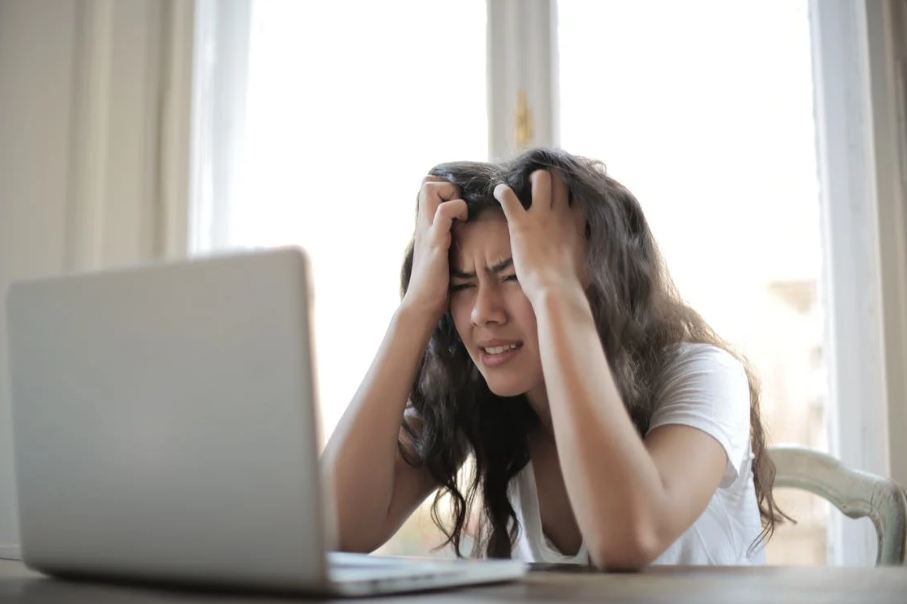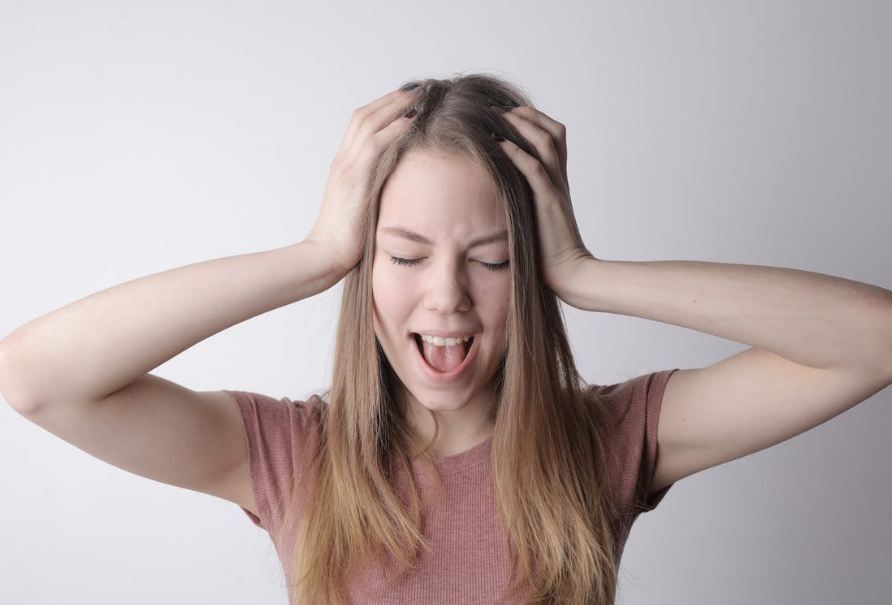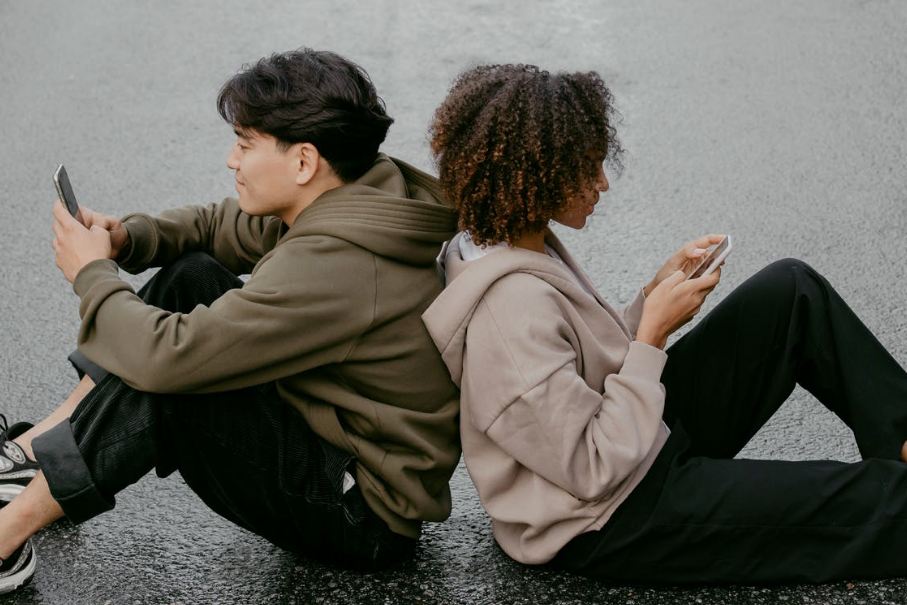In this modern era, social media affects and dominates both offline and online conversations. In a society where oversharing and interacting has become a norm, people are more likely to speak to their friends and family through electronic devices like smartphones and tablets than face-to-face.
Social media is known for collecting online communication channels committed to community-based input, interaction, content sharing, and collaboration. Some of the most commonly known social networks are Facebook, Twitter, Instagram, WhatsApp, Snapchat, etc. Using these social networking websites, people can share their memories, plan events, and communicate with their friends and family members. Social media can both positively and negatively impact our lives.
The excessive use of social media and online communication can negatively affect our social and communication skills. In the past, people didn’t have social media accounts and only used communication and interaction in-person to stay in touch. That is why they didn’t have a problem with socializing and interacting with people in public, as most people feel nowadays.
You will often find your friends scrolling through Instagram or Facebook, even at gatherings or events meant to be experienced at that moment. As a result, communication continually progresses, and people get used to seeing their friends’ online avatars and personalities as their actual ones more than in-person.
There is a greater desire to share things with other people they barely know than actually hanging out with people they know. Social media, if not used in a controlled manner, can become a contagious disease. The more people get caught up in it, the more socially awkward they get as it worsens a person’s communication skills and makes him anti-social.
Problems Caused By the Use of Social Media
1. Affects the Emotional Responses
The overuse of social media can have long-lasting adverse effects on the human brain. According to a study, social media affects how a person reacts to emotions, social cues, and non-verbal cues, as it erases the critical aspects of communication. It also makes you feel awkward in general and can even cause social anxiety based on how you consume.
2. Affects Social Skills
Social and face-to-face communication is an essential aspect of communication that has lost its value due to social media. Without social interaction, you cannot interact with another person effectively, and you cannot truly express your feelings for others.
According to a study, excessive use of social media can significantly affect a person’s social skills. You probably have many friends on Facebook, Instagram, or Twitter, but what about the friends you have made in reality and the people you see every day? Although social media has cut down the long distances, the people living close to each other are now growing far apart.
3. Decreases Confidence and Self-Esteem
The excessive use of social media negatively affects a person’s confidence and self-esteem because of the unrealistic expectations that a person can develop. Based on research, this enhanced digital form can badly affect a person’s communication skills, often leaving them with negative feelings about themselves and hindering their communication with others.
4. Can Cause Depression
According to a study, young people who excessively use and spend a lot of time on social media daily are likely to exhibit signs of depression. Teenagers or young children develop such cases when they compare themselves to other people or famous people online or an illusion of others living a better life on social media.
They fall into this inferiority complex and start thinking about how miserable their lives are compared to those people.
5. Causes ADHD (Attention Deficit Hyperactivity Disorder)
The “fear of missing out” can cause terrible habits in a person that rewires how he interacts with people. Some studies suggest that the rise of ADHD is directly associated with the overuse of social media, as the human brain quickly loses focus due to ongoing demands for attention. Another study proves that heavy digital media users are more likely to develop ADHD than their peers.
6. Causes One to Have Dull Conversations
People have become addicted to their smartphone devices. A study proves that 62% of people admit to using digital gadgets even when they are with others. They don’t even know how social media has affected their conversation quality and their ability to engage meaningfully. Another study proves that the conversation done without digital devices is far superior to the one done with them in the hands.
7. Causes Lack of Focus
When we become ultra-focused on social media, it involves us excessively in what’s happening worldwide. As technology and access to information become widespread, the negative consequences of not paying attention become more robust.
Pew Research proves that the brain has limited bandwidth. Dual-tasking compels the brain to process information from different sources simultaneously, which slows down the reaction time, leading to a lack of needed focus on a particular matter.
8. Weakens the Language
The excessive and overuse of social media can lead to the devaluation of communication skills, which is essential in daily life. According to a research article on social media’s impact, heavy social media users experienced a lack of communication skills and weakened language.
When we message people on social media, we often use the shortened form of words known as slang words to send and respond as quickly as possible. These shortened words include k, Idk, ttyl, brb, tysm, etc.
We undermine the language’s value and beauty on social media without even realizing it. Hence, the shortened way of communication becomes a part of ordinary day to day life conversations.
Best Ways to Prevent the Adverse Effects of Social Media
1. Being Mindful of Social Media Habits
You need to be aware of your social media usage patterns by being careful. Many people scroll through social media mindlessly without any purpose. The best way to control social media usage is to be conscious of how and why we are using these platforms in the first place.
You can analyze and ask yourself questions about your social media usage patterns, the amount of time you spend on it, how you feel when you use it, and what purpose did it serve at the end.
2. Set a Time Limit For Social Media
Another thing that you can do is to set a time limit. Studies have proven that excessive use of social media can lead to a negative impact on social life. There are different ways to track, monitor, and block the amount of time you spend on social media, including several apps.
You can set limits for yourself, such as not scrolling through on your social networking accounts within an hour after waking up and putting the smartphone away at least an hour before bed.
3. Know the Time To Call it Quits
A lot of our social media usage is out of compulsive behavior; after all, these social media networks are designed to keep us engaged as long as possible. Therefore, it is essential to be aware of the addictive potential of social media. People usually check their accounts repeatedly because of the psychological factor of FOMO (Fear of Missing Out) and the craving for attention and being liked online.
4. Use Social Media to Connect With People in a Positive Way
The best way to get rid of social media’s adverse effects is to use it in a positive way that allows you to strengthen and maintain connections with others. Positive use of social media includes learning new things from it and using the information you learned by applying it productively. If we use social media to stay connected with people in a controlled and productive way, we can easily eliminate this problem.
5. Block Harmful Content
Social media shows the content you want to consume based on your searches and interests. As consuming social media becomes a person’s habit, people often forget that they can also control the type of content they see on social media. If you come across people who follow and post obscene or unethical content, you should unfollow or block them as it can impact you negatively.
Social Media – A Powerful Tool with Several Pros and Cons
Although social media is an excellent source of helpful information, gossips, and keeping in touch with friends and family, we cannot afford it to take control of our lives fully. Therefore, it is best to control social media usage to avoid these kinds of problems and spend some time outdoors.
There is nothing that can replace face-to-face conversation and interaction with your loved ones. Whether we accept it or not, the excessive use of social media can cause several negative impacts on our lives.

